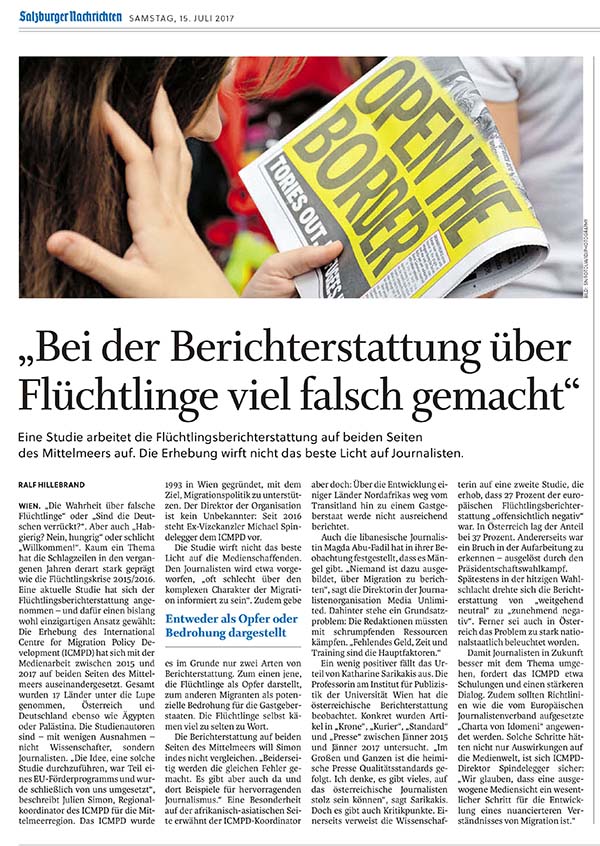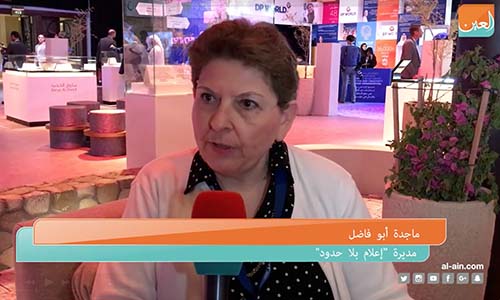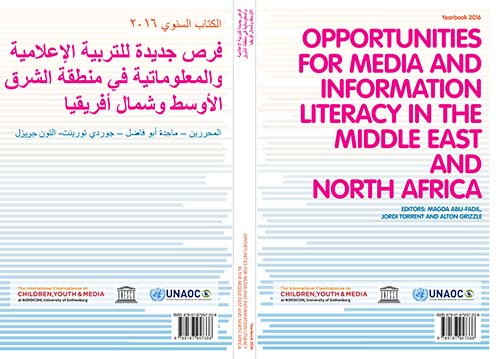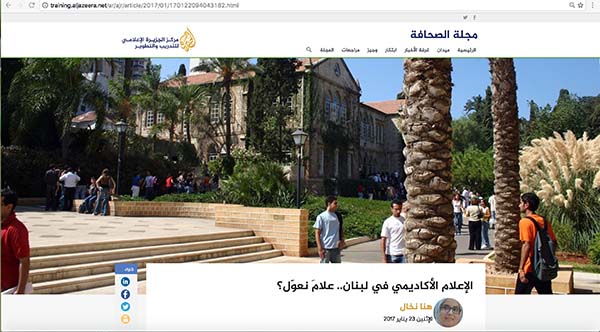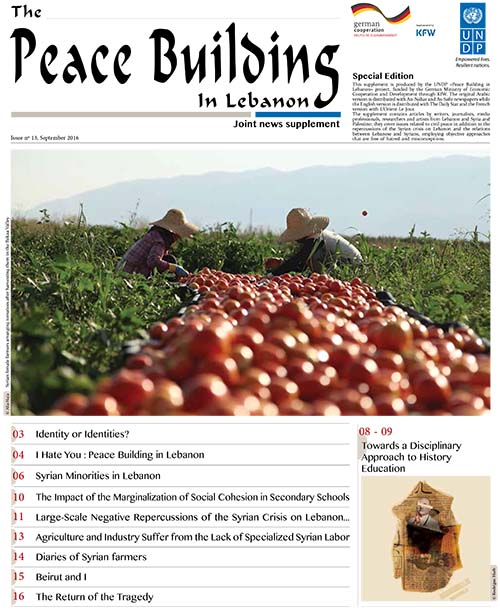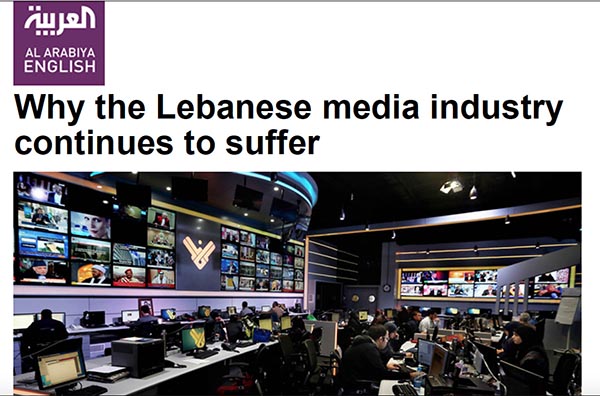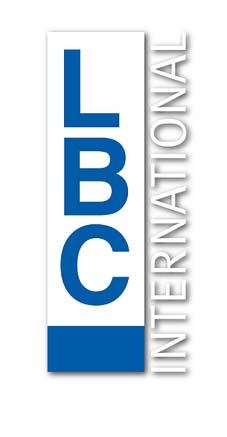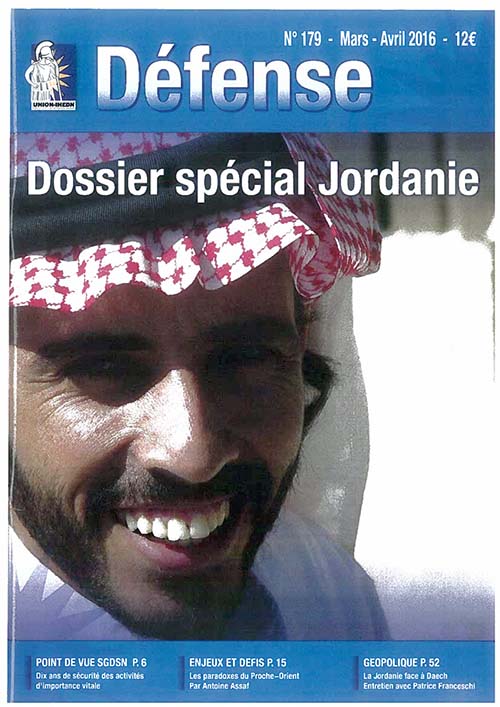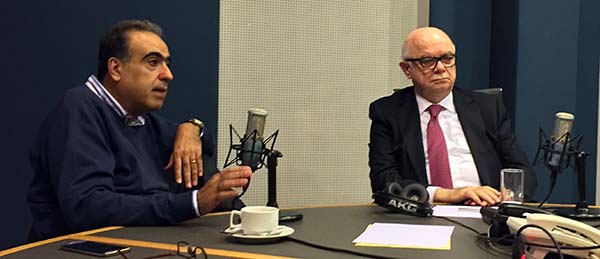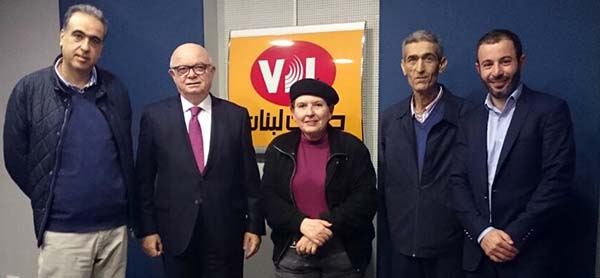Media Ethics require critical thinking, notably when social media are used to spread harmful content, Magda Abu-Fadil told Radio Monte Carlo Doualiya.
“Ethics are in a state of disarray because although digital media are good, attractive and fast as they disseminate information, visuals and sound with speed, critical thinking to choose the words, pictures, sound bites and videos isn’t as readily available as in the past,” the Media Unlimited director explained.

Radio Monte Carlo Doualiya
There’s fierce competition between legacy media and citizen journalists in addition to all other social media output, so whoever publishes material is breathless (in his/her attempt to be out there), which is very dangerous, she added.
“The result is that what’s being published, quite often, is not just unethical and disturbing, but downright criminal,” Abu-Fadil said.
She discussed the impact of “fake news,” “post-truth,” and “alternative facts” in the age of competing social platforms during a segment of the program “Digital” in January 2018 hosted by Nayla Salibi.
The full interview can be heard and downloaded here.

